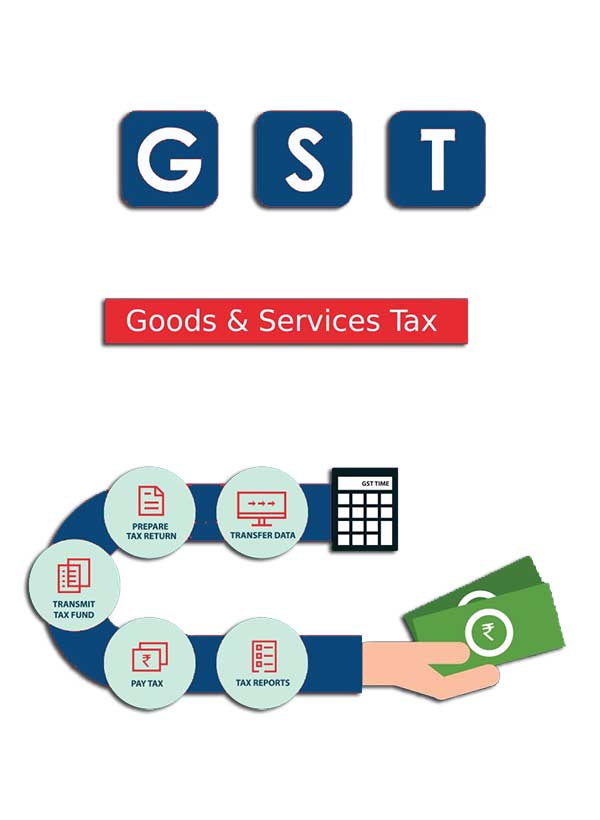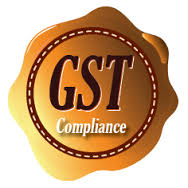
 GST Filing Compliance
GST Filing Compliance
GST filing compliance refers to the adherence to the regulations and requirements set forth by the tax authorities for filing Goods and Services Tax (GST) returns.
Here are the key aspects of GST filing compliance:
Timely Filing:
Businesses must file their GST returns within the prescribed due dates. The frequency of filing depends on the specific regulations of the country or jurisdiction. It is important to adhere to the filing deadlines to avoid penalties and interest charges.
Accurate Reporting:
GST returns should accurately report the details of sales, purchases, and other transactions. Businesses need to ensure that the information provided in the return is correct, complete, and matches the corresponding invoices and records.
Correct Tax Calculation:
Businesses must calculate the GST liability accurately by applying the correct tax rates to the taxable supplies. It is crucial to differentiate between different types of supplies such as taxable, exempt, and zero-rated supplies and apply the appropriate tax rates.
Input Tax Credit (ITC) Reconciliation:
GST allows businesses to claim input tax credit on GST paid on purchases and expenses related to their business activities. It is important to reconcile the input tax credit claimed with the supplier invoices and ensure that the claimed credit is accurate and supported by proper documentation.
GST filing compliance with Documentation Requirements:
Proper record-keeping is essential for GST compliance. Businesses should maintain books of accounts, invoices, purchase and sales records, and other relevant documents as per the requirements specified by the tax authorities. These records should be kept for the prescribed period as mandated by the regulations.
Compliance with Amendments and Notifications:
GST regulations may undergo amendments and notifications from time to time. Businesses need to stay updated with these changes and ensure that their GST filing procedures align with the latest requirements.
Payment of GST Liabilities:
Along with filing GST returns, businesses must also make timely payment of their GST filing compliance to the tax authorities. Delayed or non-payment of GST can lead to penalties and interest charges.
It is advisable for businesses to use reliable accounting software or consult with tax professionals to ensure accurate and compliant GST filing. Additionally, maintaining regular communication with the tax authorities and seeking clarifications when needed can help ensure smooth GST compliance.
To visit https://www.gst.gov.in/

For further details access our website https://vibrantfinserv.com